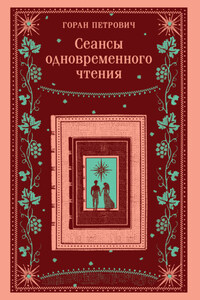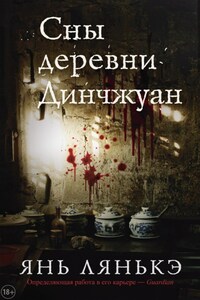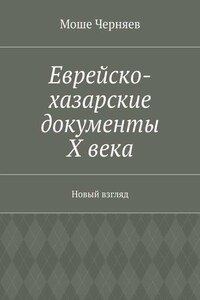SANDRA MARTON wrote her first novel while she was still in primary school. Her doting parents told her sheâd be a writer some day, and Sandra believed them. In secondary school and college she wrote dark poetry nobody but her boyfriend understoodâthough, looking back, she suspects he was just being kind. As a wife and mother she wrote murky short stories in what little spare time she could manage, but not even her boyfriend-turned-husband could pretend to understand those. Sandra tried her hand at other things, among them teaching and serving on the Board of Education in her home town, but the dream of becoming a writer was always in her heart.
At last Sandra realised she wanted to write books about what all women hope to find: love with that one special man, love thatâs rich with fire and passion, love that lasts for ever. She wrote a novel, her very first, and sold it to Mills & Boon>® Modern>⢠romance. Since then sheâs written more than sixty books, all of them featuring sexy, gorgeous, larger-than-life heroes. A four-time RITA® award finalist, sheâs also received five Romantic Times magazine awards, and has been honoured with RTâs Career Achievement Award for Series Romance. Sandra lives with her very own sexy, gorgeous, larger-than-life hero in a sun-filled house on a quiet country lane in the northeastern United States.
The Kingdom of Dubaac, early summer:
THE sun poured like a ribbon of molten gold from a pale blue sky.
Beneath its brutal rays, a small band of men sat motionless on their horses, embraced by the endless silence of the desert.
All eyes were on the rider whose stallion stood apart from the rest, and on the hooded goshawk that clung to his leather-gloved wrist with lethal talons.
At last, one of the men softly urged his own mount forward until it stood alongside the rider and his stallion.
âIt is time, Tariq,â the man said softly.
The man called Tariq nodded. âI know.â
He did know. It was time; his father was right but, somehow, this final tribute to his dead brother was turning out to be as emotionally torturous as Sharifâs funeral.
Who would have thought such an ancient custom would tear so at the heart? Tariq had been raised in Dubaac but he had lived away from the Nations for years. He was a modern, well-educated, urbanized man and this was just a symbolic gesture â¦
âTariq?â
He nodded and lifted his arm. The hawk gave a little shudder of anticipation as it awaited the unlacing of its hood.
Instead Tariq undid the birdâs jesses. The tiny bells that adorned the slender leather streamers fastened around the birdâs legs tinkled as they fell to the sand. A secondâs hesitation, and then he unlaced the hood and tossed it aside.
For the first time since its captivity and subsequent training, the hawk was completely free.
Tariq lifted his face to the scorched sky, his profile as fiercely elegant as the hawkâs.
âSharif, my brother,â he said huskily, âI send Bashashar to you. May you and she fly together forever in the vastness of the skies above our homeland.â
Another hesitation. Then he swung his arm forward and the hawk spread its powerful wings, leaped from his gloved hand and flew unhesitatingly toward the blazing sun.
For a moment, no one moved or spoke. Then the sultan cleared his throat.
âIt is done,â he said gruffly.
Tariq nodded. He stood with his face still lifted to the sky, though the hawk had disappeared from sight.
âYes, Father.â
âYour brother is at peace.â
Was he? Tariq wanted to think so but Sharifâs sudden death was still too new. His plane had gone down on a routine flight; it had taken days to find what remained of Sharif after the crash and the subsequent fire â¦
âHe was a good son,â the sultan said quietly.
Tariq nodded.
âSomeday, he would have led our people well. Now he is gone and we must rethink our plans for the future.â
A muscle in Tariqâs jaw tightened. He had known this was coming, but not so quickly. Still, why put off what he knew had to be done?
âI understand, Father.â
The sultan sighed. âThere is no time to waste, my son.â
Tariq looked at his father in alarm. âAre you ill?â
âOnly if old age is illness,â the sultan said quietly. âBut Sharifâs death is proof, as if we needed it, that Kismet rules our lives. You are my heir now, Tariq. I tremble at the thought, but if anything should happen to you â¦â
There was no need to say more.
The burden of succession had fallen to Tariq. And to ensure that succession, the unbroken line of rulers that stretched back centuries, it was now his responsibility to marry and produce a son.
If only Sharif had married and created sons.
If only Sharif had lived, Tariq thought, and felt the unaccustomed sting of tears in his pale gray eyes.
âThink of what has happened elsewhere in the Nations, when there has been a question about succession,â the sultan said, misinterpreting Tariqâs silence. âWould you wish that for our people?â














